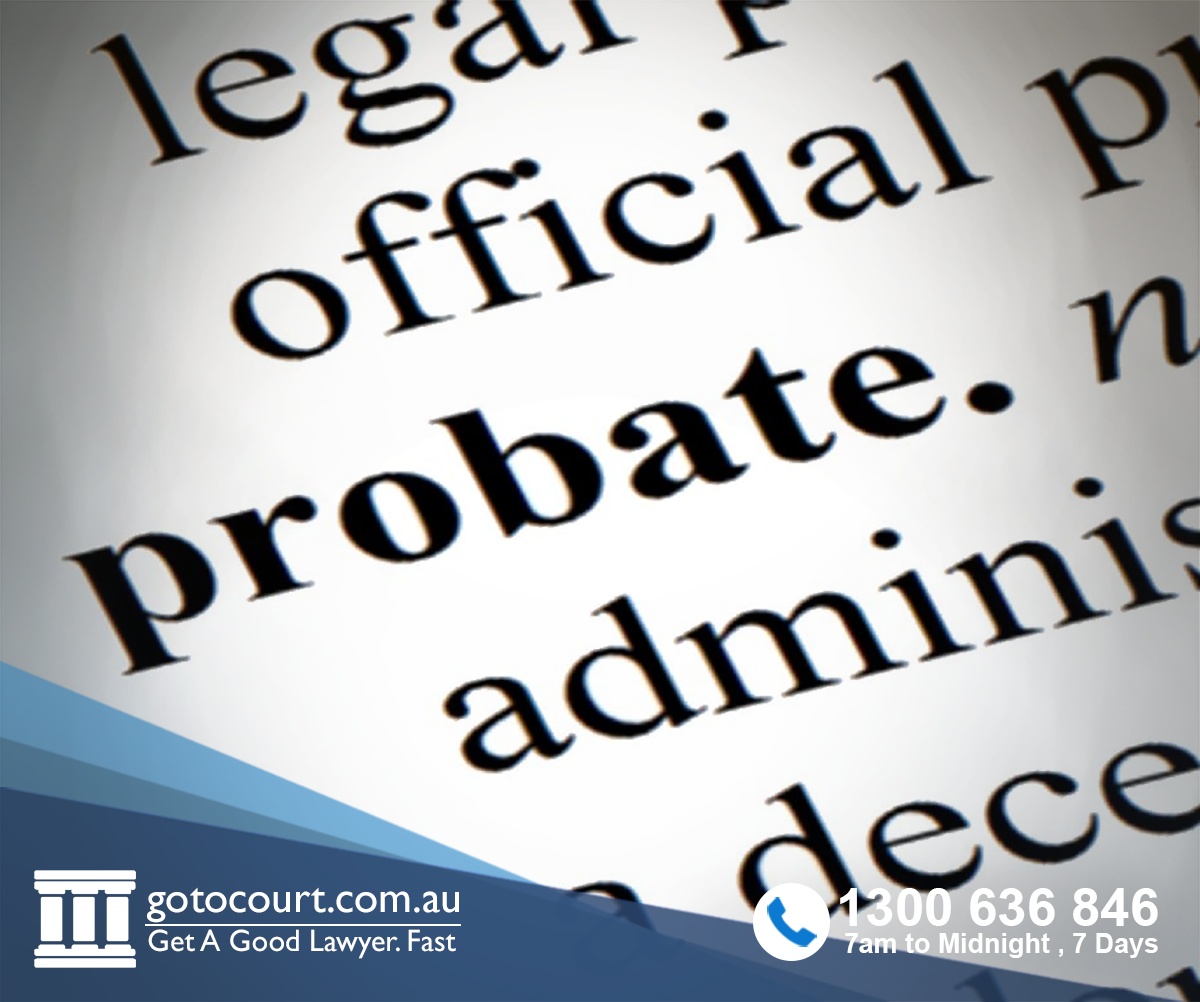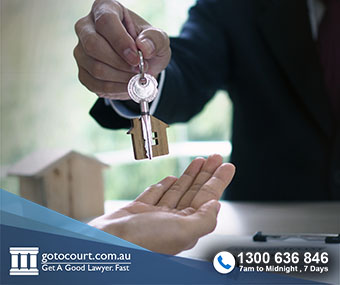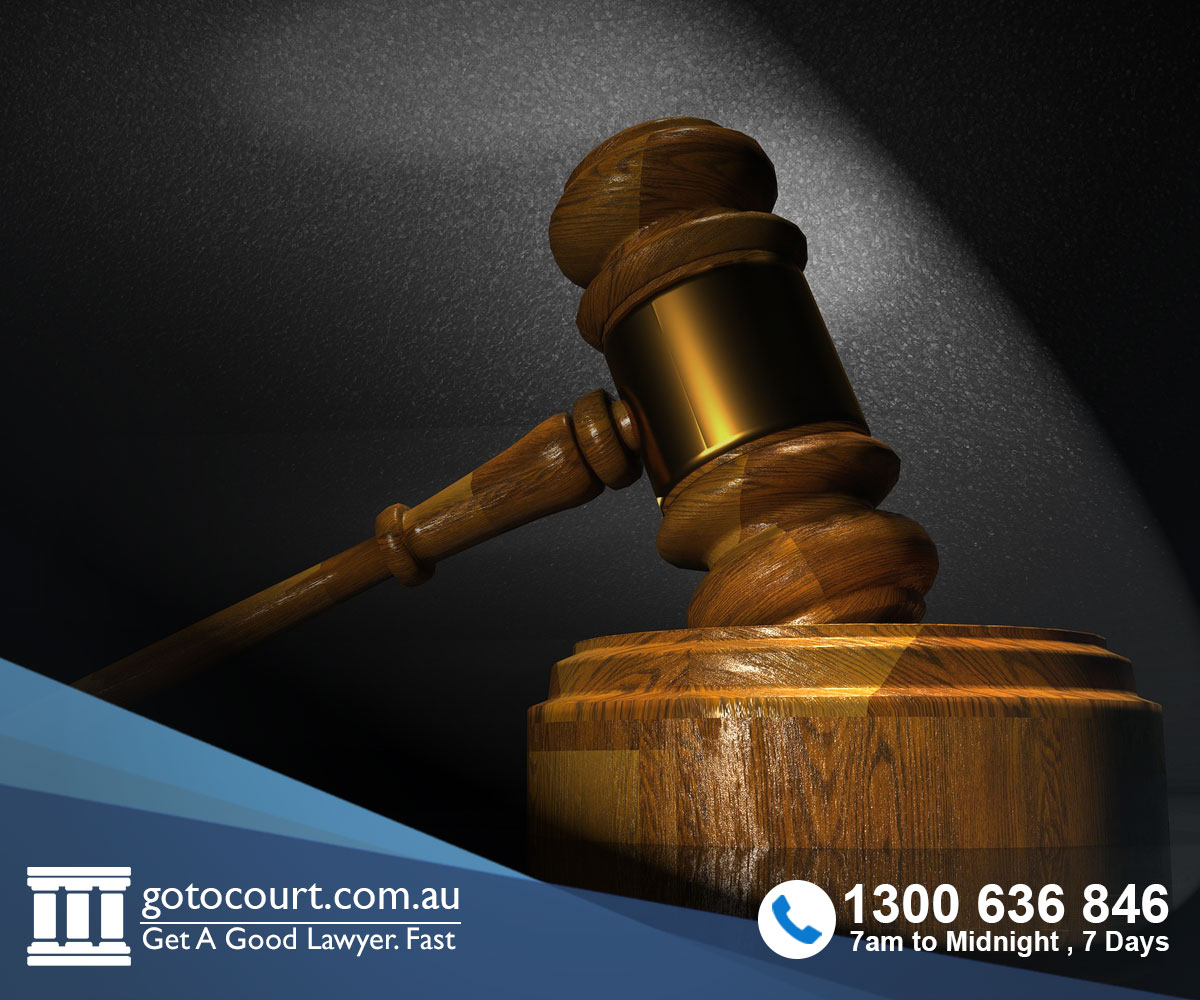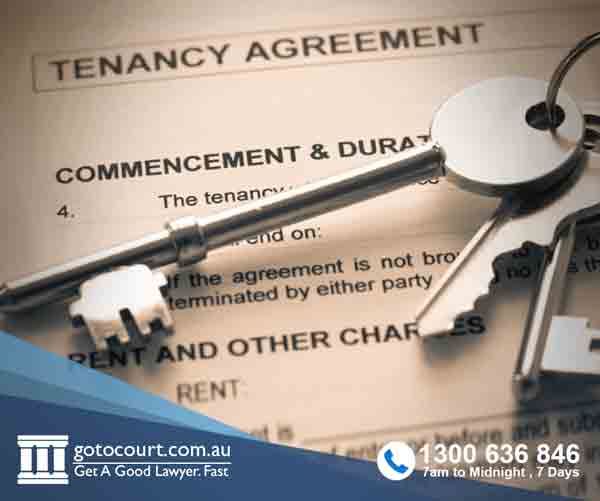Debt Recovery in Queensland
There are many circumstances under which a debt may arise and for which you may wish to institute proceedings for debt recovery in Queensland. A debt may arise due to an unpaid invoice or account, a dishonoured cheque, an ‘IOU’, money loaned and not repaid, work done that has not been paid for (but payment had been agreed on prior), unpaid rent or debt arising from a contract for goods or services. A debt arises if there is a disagreement over a fixed, specific or agreed sum.
If the amount owing is in dispute, or there is an issue over whether someone is liable to pay, a matter is not strictly speaking a debt recovery issue and may relate to more complicated contractual matters.
Sending a Letter of Demand
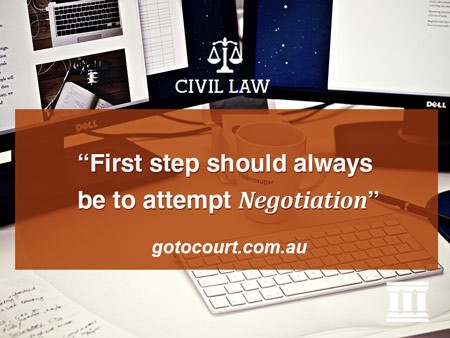
If you believe you are owed a debt and wish to commence debt recovery in Queensland, there are a number of options available to you. The first step should always be to attempt negotiation with the other party. You should send a letter to the debtor (the person you believe owes you a debt) explaining the circumstances of the debt, namely, how much you believe they owe you, why they owe you that sum, how you wish to be paid and when and the consequences of non-payment (ie that you will institute proceedings).
This is referred to as a letter of demand. The letter cannot be harassing, threatening or intimidating, and should not purport to mimic an official court document. The debtor then has the option of responding to or ignoring the letter of demand. If they do not respond, or they respond unsatisfactorily, you can pursue the matter in the Queensland Civil and Administrative Tribunal (QCAT) or the courts depending on the monetary value of the debt.
Where to commence debt recovery in Queensland
QCAT handles debt recovery matters of a monetary value up to $25,000. Debt recovery matters over $25,000 and up to $150,000 are heard in the Magistrates Court, matters of between $150,000 and $750,000 are heard in the District Court, and the Supreme Court hears matters over $750,000. Before you proceed to QCAT or to court, you can also attempt mediation through the Department of Justice and Attorney General’s Dispute Resolution Branch.
This is a facilitative process which puts parties in front of an impartial mediator whose purpose is to encourage free flow of conversation and allow for discussion of a possible resolution. Mediation is not legally binding unless the parties wish to make it so, and in which case, must write down that the agreement is legally binding.
Debt recovery proceedings in QCAT
Under the Queensland Civil and Administrative Tribunal Act 2009, QCAT can hear debt disputes of less than $25,000. In order for QCAT to have jurisdiction the debt must have occurred or originated in Queensland. To commence a complaint with QCAT you must file an application, and then serve this application on the respondent (the person you believe owes you a debt) within 28 days of filing the application. The respondent may then wish to provide a response. If the respondent fails to respond within 28 days, the applicant can request that QCAT make a default decision in favour of the applicant. If the respondent does respond, the response must be served on the applicant.
QCAT will then list the matter for mediation. If the mediation is not successful, the matter will go to a hearing for determination. Note that for matters under $3000 no mediation will occur and the matter will go directly to a hearing, unless QCAT orders otherwise.
Enforcing a QCAT debt recovery decision
If QCAT finds in favour of the applicant in a debt recovery matter, the respondent is obliged to pay their debt. If they do not adhere to QCAT’s judgment, an enforcement warrant may be sought. Once a QCAT decision is registered in the Magistrates Court, the Magistrate can order an enforcement warrant which allows for seizure and/or sale of the debtors property in order to pay the debt they owe under the QCAT judgement.
Debt Recovery in Queensland Courts
If the debt is for over $25,000, you will need to initiate debt recovery proceedings in either the Magistrates Court, the District Court or the Supreme Court, depending on the value of the debt. Court procedure in Queensland is determined by the Uniform Civil Procedure Rules 1999. To initiate proceedings, you must file a claim and a statement of claim laying out your debt recovery claim. These documents must then be served on the debtor.
The debtor may wish to defend themselves against this claim and must do so by filing their defence documents with the court, and then serving them on you. You have the option to respond to this defence, or you can file with the court a request for trial date.
In many cases the matter will be referred to mediation or other form of alternative dispute resolution which is conducted on a ‘without prejudice’ basis with a view to settling the matter. A registrar may refer the matter to mediation or a party may do so themselves. If mediation is unsuccessful the matter will be listed for hearing and a judge will determine whether you can recover the debt owed. Note that court proceedings are more complicated and expensive than tribunal proceedings so it is prudent to seek legal advice before commencing proceedings for debt recovery in Queensland.
If you require legal advice or representation in any legal matter, please contact Go To Court Lawyers.

